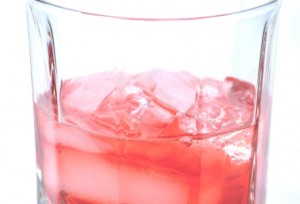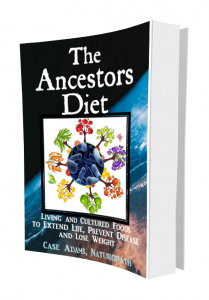People Drink Sugary Drinks Because They are Cheap
As New York Mayer Bloomberg’s strategy to reduce sugary beverage consumption has focused upon banning larger drink sizes, a new study has found a more problematic issue: Sugary beverages are simply cheaper than their healthy counterparts.
A new study by researchers from the University of Hawaii sheds a spotlight on the problem. The researchers collected commercial beverages from a range of stores around Oahu, including ones they classified as healthy and those not-so healthy.
“Healthy” drinks included orange juice, milk, unsweetened tea, unsweetened coffee, and (believe if or not) diet soda. The unhealthy drinks included sugary soda, fruit-flavored drinks, sports drinks and sweetened teas.
Diet soda should be considered “healthy” due to its containing chemicals such as aspartame. And there are unhealthy aspects of the other “healthy” drinks: It is about sugary beverages versus beverages without sugar.
The research found that there was an average price difference of $0.58 per 20 ounces. The unhealthy beverages had an average price of $1.18 for 20 ounces, while the “healthy” beverages had an average price of $1.76 for 20 ounces.
While the study does shed light upon one of the driving forces fueling America’s sugary binge, one of the realities is simply that sugar itself is one of the cheapest commodities available. Sugar as a commodity typically costs less than $0.25 per pound. Currently prices are less than $0.20 per pound.
What about orange juice?
As a comparison, orange juice sells for about $900 per metric ton – the equivalent to about $0.41 per pound. That is about twice the price of sugar.
And orange juice is the least expensive commodity among fruit juices.
While both sugar and orange juice are commodities, there is a vast difference between their effects upon the body. Sugar is refined to a point where it has little nutrients other than sucrose and fructose. This means that it rushes into the bloodstream with little digestive resistance. This of course promotes obesity, diabetes, heart disease and other conditions.
If sugar was not so refined, say eaten in the form of molasses, which contains a number of nutrients including iron and B vitamins, then it would not be so unhealthy to consume.
Learn more about the relative healthiness of various sweeteners:
Meanwhile, orange juice provides nutrients such as vitamin C, folate, potassium, calcium, thiamin and vitamin B6. And should the juice be fresh squeezed and include the pulp, a number of other polyphenols.
Other healthy beverage ingredients are even more expensive as commodities. This increased cost must translate to increased cost on the shelf.
It is a supply/demand equation. The more we demand cheap, refined sweeteners like sugar the cheaper they are because they can be more efficiently produced. Sugar is far easier than orange juice to produce, but if there wasn’t a big market for sugar, its costs would go up.
It is a matter of demand, but also of education. Refined sugar is a gradual poison to the body. The sooner we learn this, the healthier each person will be and the more sugary beverages will cost.
The ramifications of this equation hits youths and the poor to the largest degree because these two groups can afford costlier “healthy” beverages the least. And a new study from Europe has also confirmed that adolescents tend to opt for sugary beverages when given the choice.
Sugary drinks increase cholesterol. They also increase blood pressure.
REFERENCES:
Watters CA, Corrado RS, Chaloupka FJ. Prices of healthy and unhealthy beverages in high and low per capita income areas. Hawaii J Med Public Health. 2013 Mar;72(3):76-9.
Duffey KJ, Huybrechts I, Mouratidou T, Libuda L, Kersting M, De Vriendt T, Gottrand F, Widhalm K, Dallongeville J, Hallström L, González-Gross M, De Henauw S, Moreno LA, Popkin BM; HELENA Study group. Beverage consumption among European adolescents in the HELENA study. Eur J Clin Nutr. 2012 Feb;66(2):244-52.
















